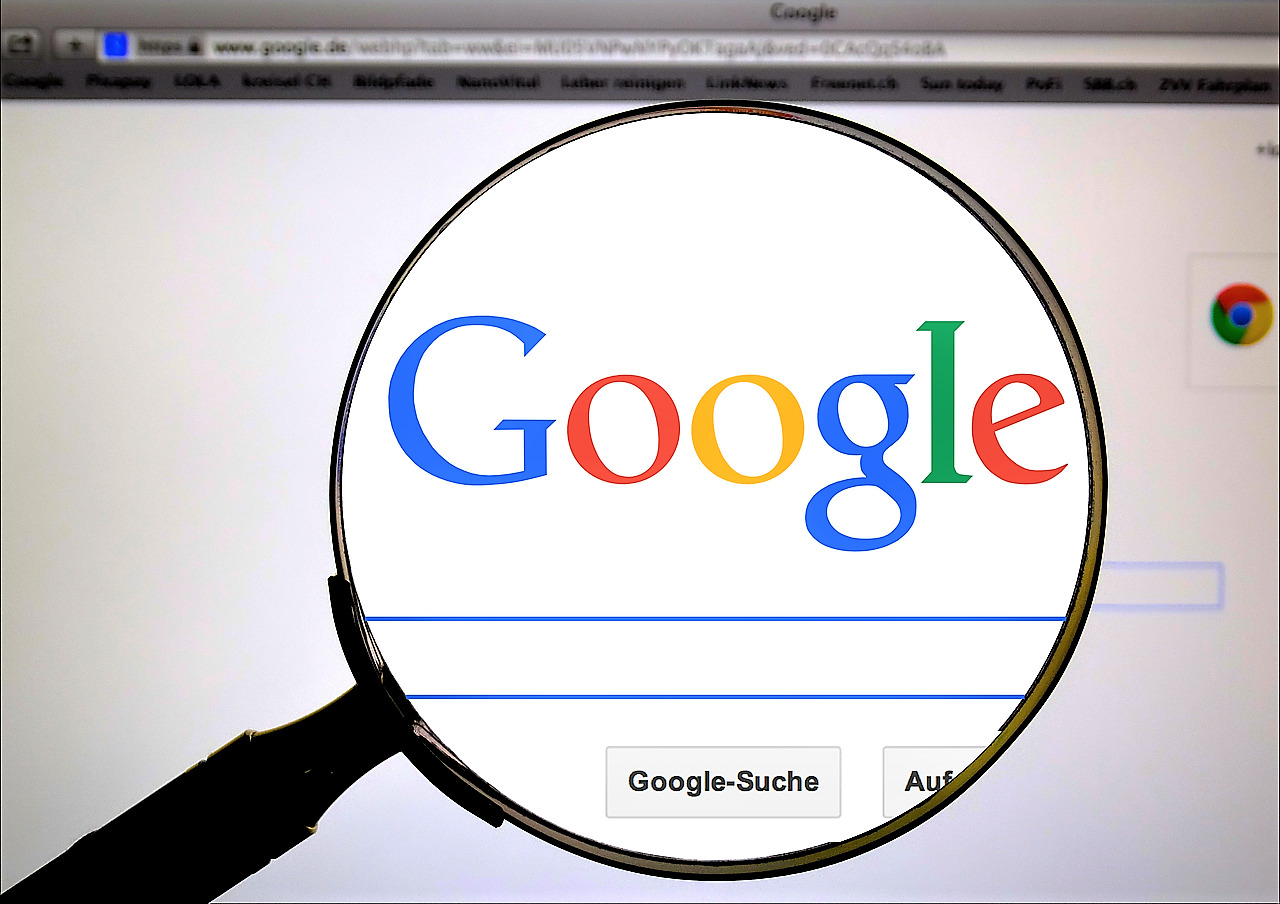A Federal judge ordered Google to turn over hidden internal documents citing massive unlawful monopoly and censorship violations.
Google Gets Ready To Rumble
Rumble, an uncensored online video platform similar to YouTube, is headquartered in Longboat Key, Florida, and was founded in 2013 by Chris Pavlovski, a technology entrepreneur from Canada. Its popularity is mostly from non-radicalism people seeking uncensored videos and information.
The reasonably unknown video platform boomed ahead of the 2020 election when Americans began encountering higher measures of Big Tech censorship from political content. Since 2020, Rumble has rapidly increased its viewership as Google clamped down on allowing most disagreeing views on COVID.
The more censorship grew in America, the more Rumble grew, reaching roughly 30 million viewers to date.
Rumble sued Google in 2021, alleging that it favored its own YouTube platform videos in search results and the Android operating systems. Google asked the judge to split the suit’s arguments and dismiss and strike substantial parts related to the Andriod app preinstallation. It was declined late last week, which put the case back on track to move forward, however, the suit could still be dismissed.
Google’s Monopolistic Business Practice?
The central claim from Rumble is that Google’s ‘stranglehold’ on search engines may destroy competitors in other platforms, which is illegal under the Sherman Antitrust Act of 1890. The 1890 Antitrust act was created to outlaw monopolistic business practices. Rumble claims their success could have been far beyond where it is now and believes Google is to blame.
Rumble took aim at Google, who deals with Andriod phone makers that typically agree to preinstall bundles of Google apps. They also limit non-Google app preinstallation or changes in its operating system in ways antitrust watchdogs have found unlawful.
The case also alleges that Google loads top results for searches with videos from YouTube, which ends up burying Rumble’s video results. These allegations are similar to complaints made by “vertical” search engine providers over the past couple of decades.
According to reports, the Judge says factual records from Google could show “all of the interrelated conduct” is relevant to Rumble’s claim that Google “self-preferences” YouTube.
What’s Next
This fundamental court ruling and approval of discovery entitles Rumble, the main competitor for YouTube, to obtain long-hidden internal documents on Google’s search engine manipulations, and its “algorithmic manipulating of its search engine.”
This is not the first time Google’s YouTube has been under scrutiny, the Wall Street Journal pointed out in 2020 that Google pushes YouTube content to users among any other video platforms.
Google purchased YouTube in 2006 for $1.65 billion.
Get the news you need at It’s On News.


